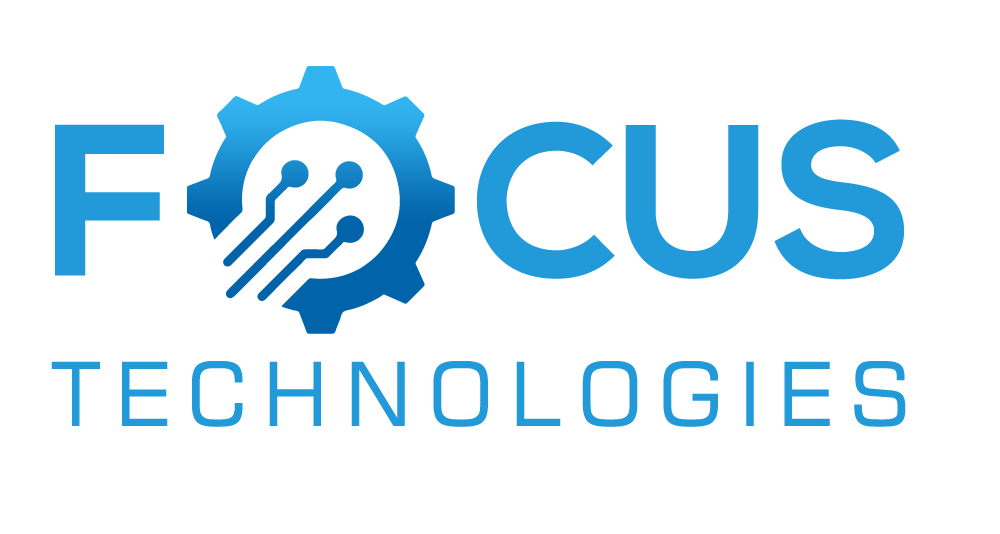bussiness
ProjectManagement Services
"Delivering Successful Outcomes through Expert Project Management Solutions"

Project Planning and Scheduling
Read More
Project planning and scheduling are critical components of successful project management, ensuring that tasks are completed on time and within budget. Project planning involves defining the scope, objectives, and deliverables, while scheduling maps out the timeline, allocates resources, and sets deadlines for each task or milestone. By breaking the project down into manageable phases and assigning responsibilities, teams can work efficiently and stay on track. Effective planning and scheduling help identify potential risks, address dependencies, and optimize resource use. This structured approach enhances communication, keeps stakeholders informed, and increases the likelihood of achieving project goals, ultimately ensuring the timely and successful completion of the project.

Agile Project Management
Read More
Agile project management is an iterative and flexible approach to project execution that emphasizes collaboration, adaptability, and customer feedback. Unlike traditional project management methods, Agile breaks projects into smaller, manageable units called sprints, allowing teams to deliver incremental value and make adjustments quickly based on ongoing feedback. This methodology encourages frequent communication among team members and stakeholders, promoting a continuous improvement process. Agile’s focus on flexibility allows businesses to respond to changing requirements, market conditions, or customer needs, making it ideal for dynamic, fast-paced projects. By fostering an adaptive environment, Agile project management enhances efficiency, minimizes risks, and ensures that the final product aligns closely with customer expectations.

Resource Allocation
Read More
Resource allocation is the process of distributing available resources—such as time, budget, manpower, and materials—across various tasks and projects to maximize efficiency and achieve organizational goals. Effective resource allocation ensures that the right resources are assigned to the right tasks at the right time, helping to optimize performance and minimize waste. It involves prioritizing projects, balancing workloads, and identifying potential bottlenecks or shortages that could impact progress. By carefully managing resources, businesses can avoid overburdening teams, reduce costs, and enhance productivity. Proper resource allocation not only drives successful project outcomes but also ensures that resources are used in the most cost-effective and sustainable wa

Risk Management in Projects
Read More
Proactively identifying and addressing potential project obstacles.

Risk Management in Projects
Read More
Risk management in projects involves identifying, assessing, and mitigating potential risks that could impact the success of a project. This proactive approach aims to minimize the likelihood of negative outcomes by recognizing risks early and developing strategies to address them. Risk management typically includes steps such as risk identification, risk analysis, risk prioritization, and the implementation of contingency plans. By carefully monitoring risks throughout the project lifecycle, teams can adjust strategies, allocate resources effectively, and make informed decisions. Effective risk management helps ensure that projects stay on track, within budget, and meet their objectives, even in the face of uncertainties or unforeseen challenges.
For Enquiry

Focus Technologies is a global consulting firm specializing in Operational Excellence, R&D, and cutting-edge business solutions, empowering organizations with innovative training, digital transformation, and strategic growth.
Useful Links
Menu
